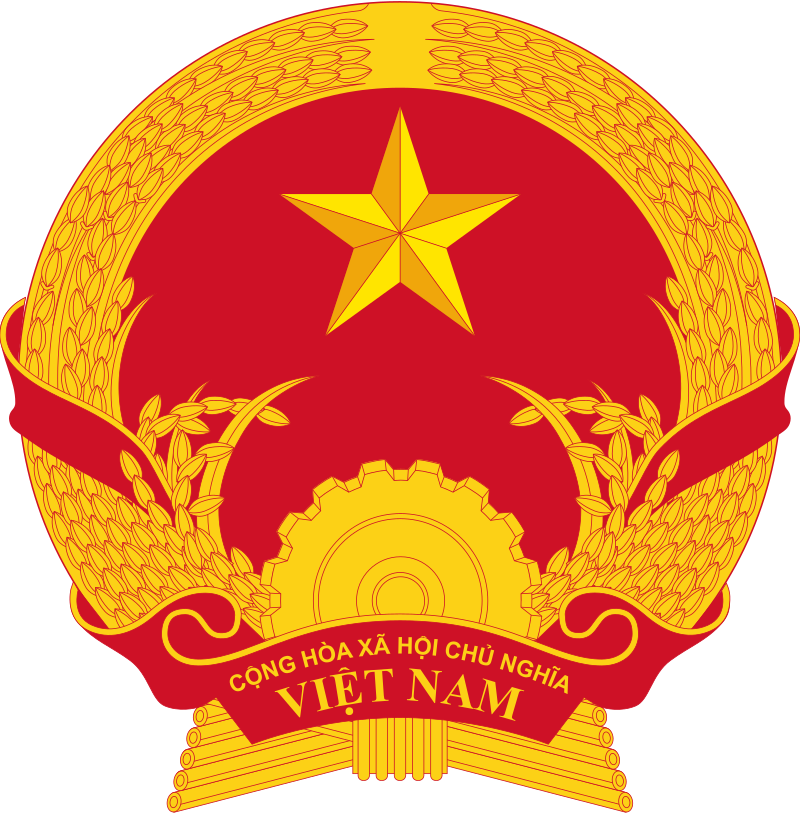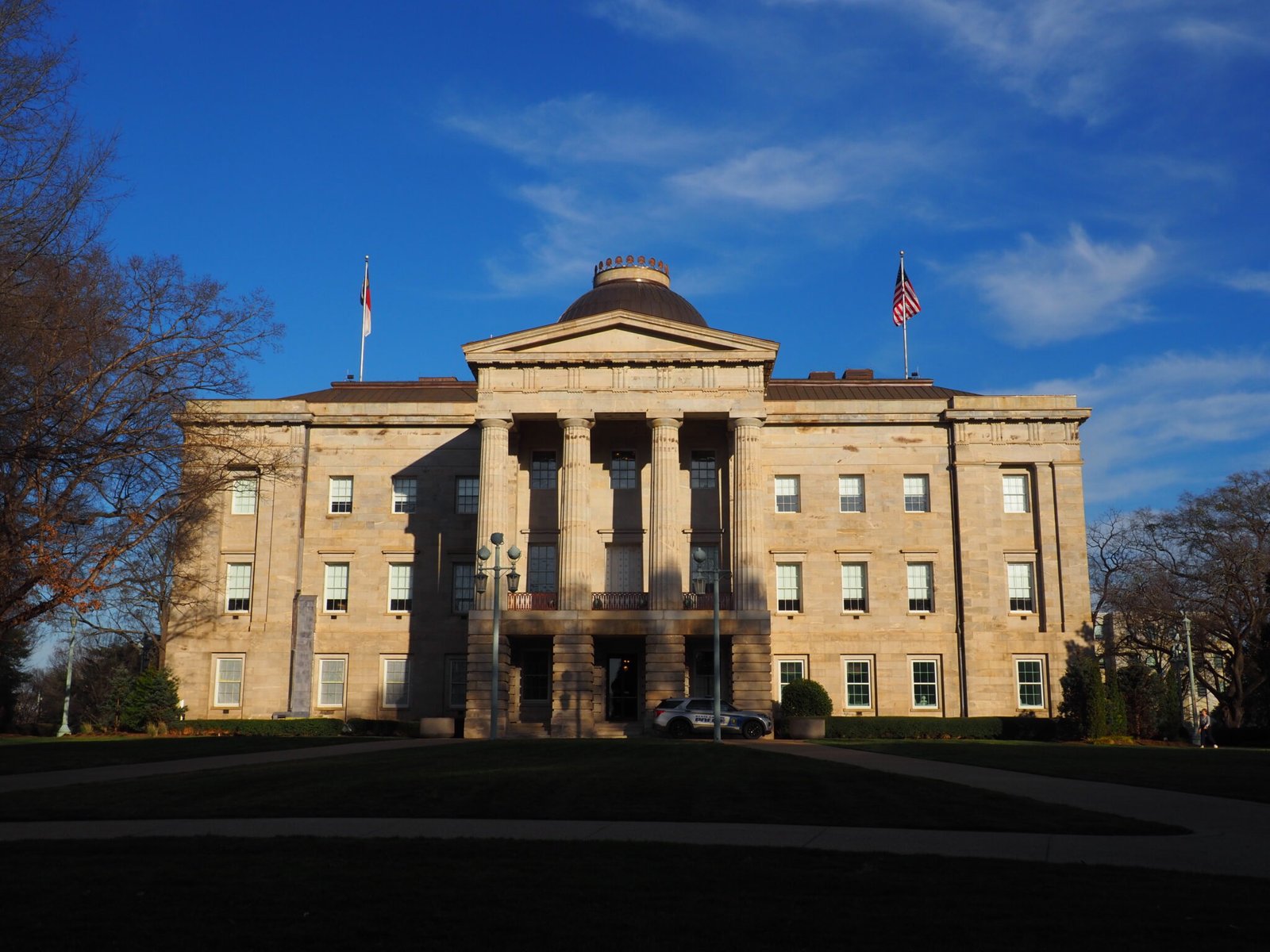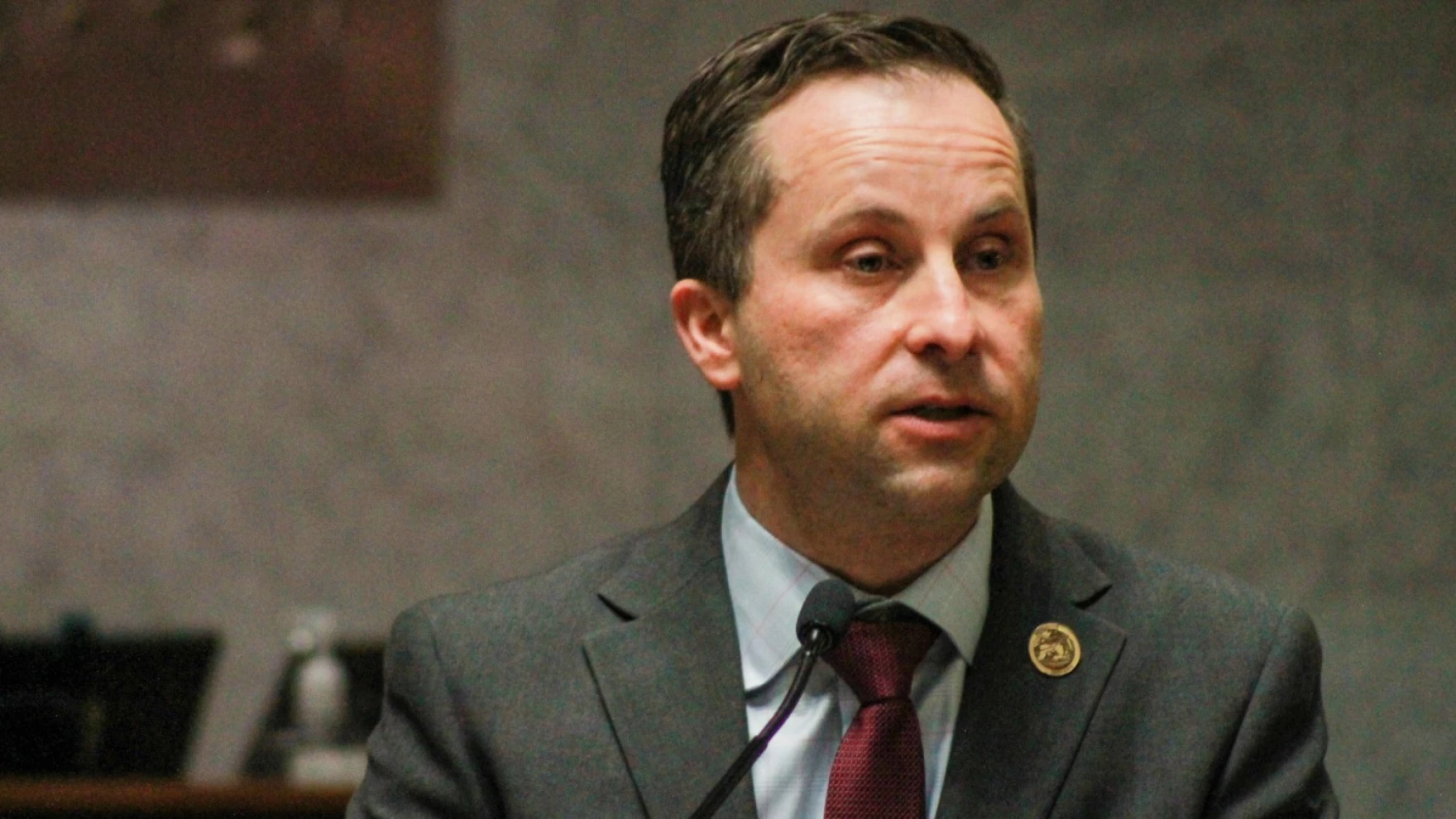The Vietnamese government is the executive branch of the Socialist Republic of Vietnam and operates under a single-party system led by the Communist Party of Vietnam (CPV). This political structure means that the CPV holds significant control over all state functions, from policy-making to law enforcement and foreign relations. The country’s system of governance is based on the 1992 Constitution, which was last amended in 2013 to reflect the evolving needs of a modernizing Vietnam.
At the top of the political hierarchy is the Communist Party of Vietnam. The most powerful position within this structure is held by the General Secretary of the Party, currently Nguyen Phu Trong. His role is considered more influential than that of the President or Prime Minister. The President of Vietnam, Vo Van Thuong, serves as the ceremonial head of state and also acts as the commander-in-chief of the armed forces. The Prime Minister, Pham Minh Chinh, leads the government and oversees daily administrative functions. The Chairman of the National Assembly, Vuong Dinh Hue, leads Vietnam’s legislative body and works closely with both the Party and the government.
The Vietnamese government consists of several branches. The executive branch is responsible for implementing laws and policies. The legislative branch is the National Assembly, which is the country’s highest decision-making body and meets twice a year to pass laws and approve major national plans. The judiciary includes the Supreme People’s Court and the Supreme People’s Procuracy. All three branches operate under the guiding influence of the CPV, ensuring unity in decision-making.
One of the core responsibilities of the Vietnamese government is economic management. This includes overseeing state-owned enterprises, encouraging foreign direct investment, and pushing for industrial modernization. In recent years, the government has focused heavily on digital transformation and green technology as part of its long-term development goals. Vietnam has signed major trade agreements such as the Comprehensive and Progressive Agreement for Trans-Pacific Partnership (CPTPP) and the Regional Comprehensive Economic Partnership (RCEP) to integrate more deeply into the global economy.
The Vietnamese government also runs major public services such as education, healthcare, and infrastructure development. These areas have seen considerable investment, particularly during and after the COVID-19 pandemic. Vietnam was initially praised for its rapid response and contact tracing efforts. However, the later phases of vaccine distribution saw some delays and public criticism. The government has since worked to improve its healthcare system and ensure better preparedness for future health emergencies.
National defense and public security are managed by the Ministry of National Defense and the Ministry of Public Security. The Vietnam People’s Army is under the control of the Ministry of National Defense and plays a key role in defending the nation’s sovereignty. The Ministry of Public Security oversees law enforcement, counterintelligence, and cyber surveillance, often working to maintain domestic stability.
One major focus of the Vietnamese government in recent years has been anti-corruption. A large-scale campaign led by the CPV has resulted in the investigation and punishment of several high-level officials. This drive is aimed at increasing transparency, improving public trust, and reducing inefficiencies in state institutions.
In terms of foreign policy, the Vietnamese government maintains a balanced approach. It seeks to maintain strong diplomatic ties with both China and the United States while actively engaging in multilateral organizations such as ASEAN and the United Nations. The country is also involved in efforts to resolve territorial disputes in the South China Sea through peaceful negotiations.
While the Vietnamese government has made significant progress in areas like economic development and foreign policy, it faces ongoing criticism from international human rights organizations. Concerns include limited press freedom, suppression of dissent, and lack of judicial independence. Despite these criticisms, the government maintains that its policies are essential for political stability and long-term growth.
As Vietnam continues to rise as a key player in Southeast Asia, the role of the Vietnamese government in shaping the country’s future remains critical. Its ongoing reforms, strategic diplomacy, and centralized leadership continue to define its position on the global stage.







